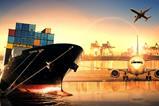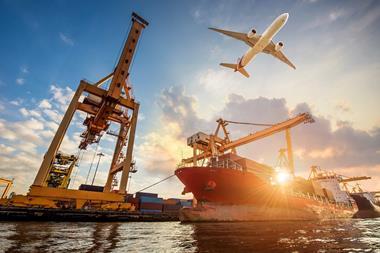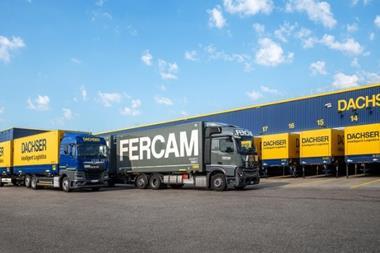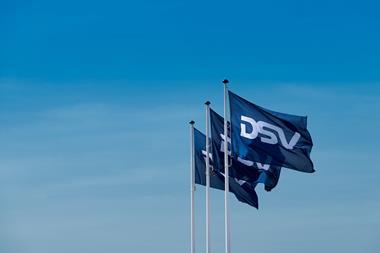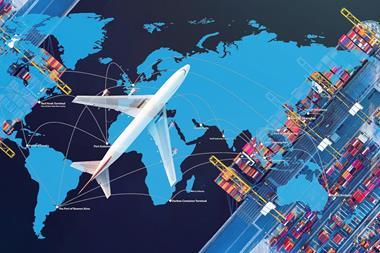
Dachser’s air and sea division was the firm's star performer as market growth helped increase revenues by double-digit percentage levels.
Revenues at the logistics company's air and sea forwarding business last year increased by 22% year on year to €1.6bn.
“Dachser benefited mainly from short-term special developments that caused freight rates in air and sea freight to rise,” the company said. “These include the crisis with capacity bottlenecks on the Red Sea and the e-commerce business between China and Europe.”
The overall company saw revenues for the year increase by 13% year on year to climb above the €8bn mark.
The family-owned company also recorded year-over-year increases in other key figures such as headcount (+3,300), locations (+56), and pallet spaces in its warehouses (+720,000).
"This growth is largely due to the acquisitions of DACHSER & FERCAM Italia, Frigoscandia, and Brummer," Dachser explained.
In 2024, the logistics provider doubled its year-over-year expenditure on company acquisitions, network locations, its workforce, digital innovation, and climate action to around €490m.
Excluding acquisitions, Dachser revenues grew by 4.7% compared with the previous year, driven by "resilience in its European groupage network" and rate increases in air and sea freight.
Transported volumes rose by 7.6% to approximately 83.2m, while tonnage increased by 10.2% to some 44.1m tonnes.
However, the company said that the market in Germany and Europe lacked "growth impetus" and said the outlook for the continent was "stagnant".
It would therefore look to grow outside of Europe and continue to invest with plans to spend €400m in its network this year.
“High costs, weak industrial production, and a decline in personal consumption have also had an impact on our business. Moreover, the many crises we face around the world today have been a constant stress test for our customers, and hence also for us,” said chief executive Burkhard Eling.
He added: “Those who act during a downturn to invest wisely and consistently will enter the next upturn with the wind in their sails.
“In the past, we’ve emerged stronger and more competitive from crises by following this countercyclical business policy. That will happen again this time around.”
“We can see that economic performance in Europe is largely stagnating and is accompanied by capacity adjustments, some of them painful. This also means that we have to deal with transformation processes in key industries such as the automotive industry and energy-intensive sectors such as the chemical industry.
“We will increasingly focus our attention on strengthening our presence in the Americas and Asia and connecting these markets with our unique competitive advantage: our European groupage network. Because the broader our global footprint, the greater our resilience."







